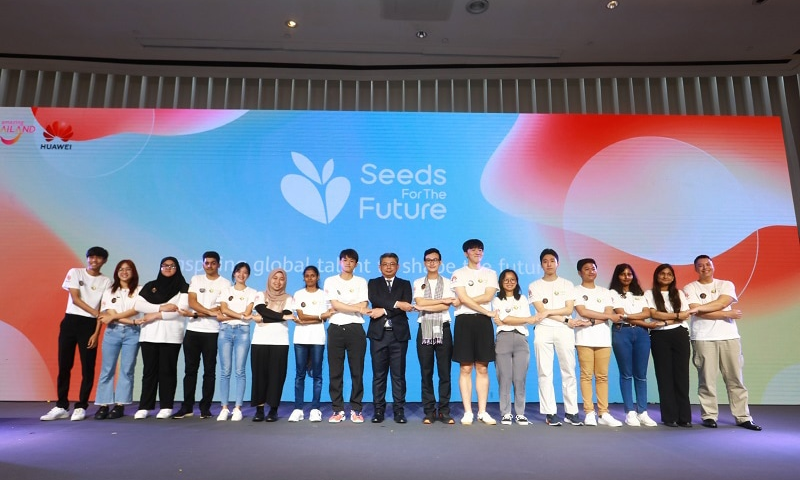Eight Pakistani students will participate in the regional finals of Huawei Seeds for the Future 2024 in Tashkent, Uzbekistan, from August 11 to 17. Building on last year’s success, Huawei’s flagship CSR program will bring together 157 students from 14 countries across the Middle East and Central Asia, according to a news release from Huawei. The 2024 regional round is supported by the Ministry of Digital Technologies of Uzbekistan and the IT Education Association, along with various telecom, regulatory, and vocational training bodies from the region.
Since its launch in 2008, Seeds for the Future has impacted over 18,000 students from 141 countries, demonstrating its importance in developing global ICT talent. Steven Yi, President of Huawei in the Middle East and Central Asia, congratulated the Pakistani team for reaching the regional finals. He highlighted that the program equips young minds with essential skills and opportunities through online courses, competitions, exchange programs, and scholarships, empowering them to contribute to the global community.
The selected Pakistani students are Areeba Faheem and Muhammad Ahmad from COMSATS University Islamabad, Haider Irfan and Mian Akbar Jan from GIKI, Abtaal Aatif and Isaam Ansari from FAST NUCES, Zahra Nawaz from UET Taxila, and Asfand Yar Jamali from NUST Islamabad. The program emphasizes innovation through technological seminars, digitalization skills, sustainability through green technologies, and entrepreneurship by developing commercially viable solutions.
Tech4Good, an entrepreneurship program within Seeds for the Future, challenges participants to address social issues using digital technologies, focusing on sustainable development. It offers training, workshops, a global competition, and incentives to help winning teams turn ideas into successful businesses.
Steven Yi emphasized that the program represents Huawei’s commitment to nurturing ICT leaders, fostering innovation, cross-cultural understanding, and the skills needed for digital transformation. The initiative bridges the gap between academic learning and industry needs, providing hands-on experience with technologies like 5G, AI, and cloud computing.
